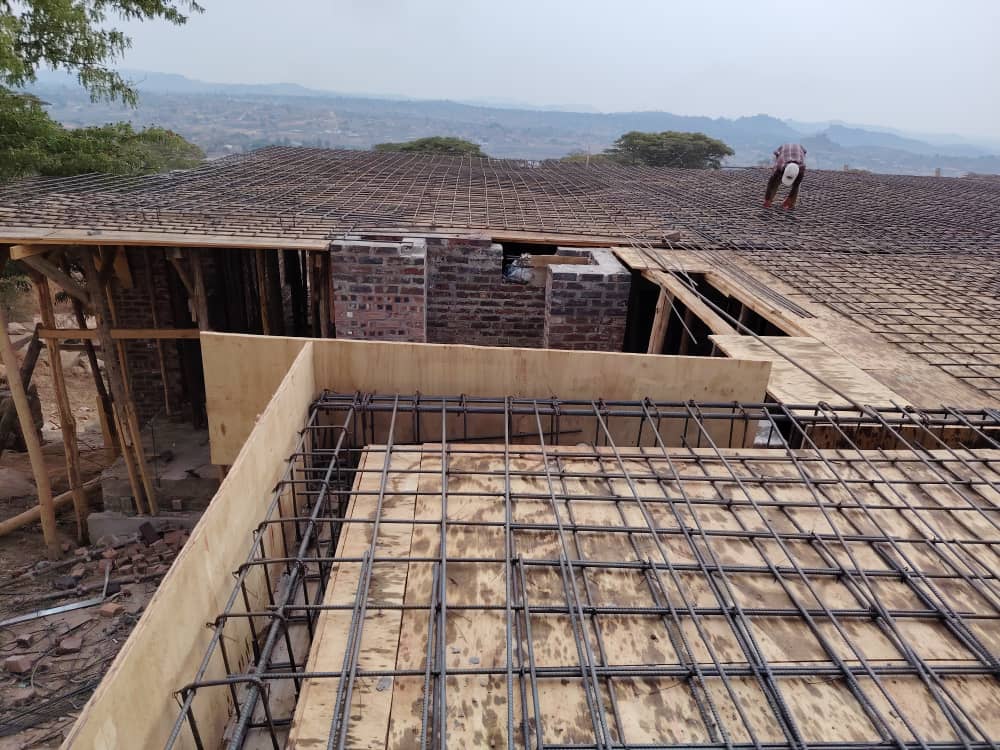Some of the irregular waste found in sewer systems.
By Brenda Mazhambe
The City of Harare has sounded fresh alarm over irresponsible disposal of irregular waste in sewer systems, warning that the practice is undermining service delivery and posing serious public health risks.
In a statement, the City said the situation has reached worrying levels, with repair teams constantly retrieving unusual objects from sewer lines across the capital’s suburbs.
“In the past weeks, there have been several sewer leakages in Mbare and during repairs, our teams extracted blankets, scrap metal, clothes, rags and even cowhides (matehwe emombe),” bemoaned the City.
The capital, already grappling with a strained sanitation system, has witnessed frequent sewer bursts in high-density areas such as Mbare, Glen View and Kuwadzana. These bursts often spill raw effluent into residential spaces, raising the threat of waterborne diseases such as cholera and typhoid, both of which have previously devastated Harare.
Council also said during some repairs they conducted in Mbare, cast irons on manhole covers in were stolen and melted to make three-legged pots which are then sold to residents.
In Glen View, where a major sewer leakage occurred recently, council workers said they had to extract “tonnes of sand which is used by people to wash dishes. The sand had blocked the sewer lines,” according to the City of Harare.
From spoons, forks and kitchen knives to even dead animals, municipal repair crews continue to encounter shocking discoveries in the sewer system. “In Kuwadzana recently, City of Harare workers says they extracted a dog carcass from a manhole.”
Authorities have urged residents to change their behaviour, stressing that the sewer network is designed for waste water only, not solid waste. “We reiterate that residents should stop using sand to wash dishes and avoid dumping solid waste in sewer lines,” said the Council.
The City of Harare warns that careless disposal habits are not only damaging infrastructure but also draining resources that could otherwise be used to improve water and sanitation services.


